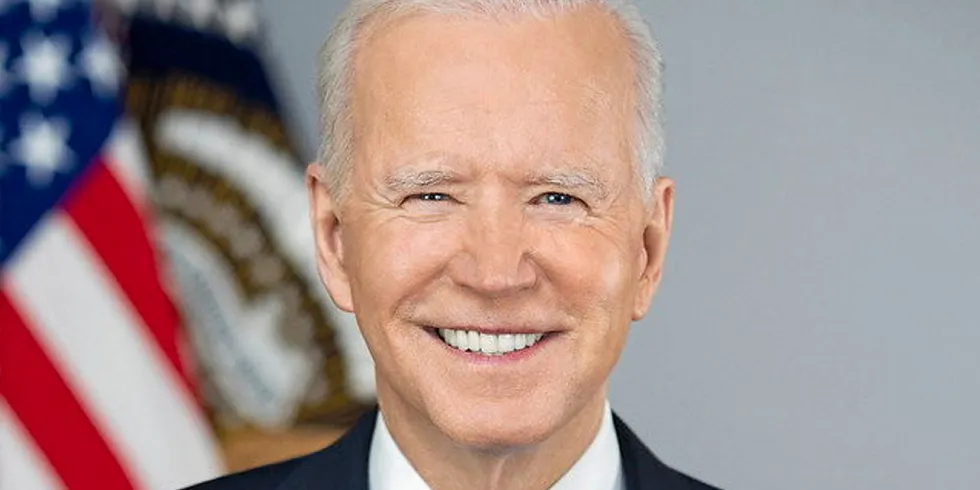US House passes $2trn Biden climate centrepiece but 'Build Back Better' faces Senate headwinds
Narrow win reflects deep political divisions over the massive controversial bill with all Democrats but one in favour and minority Republicans united in opposition
